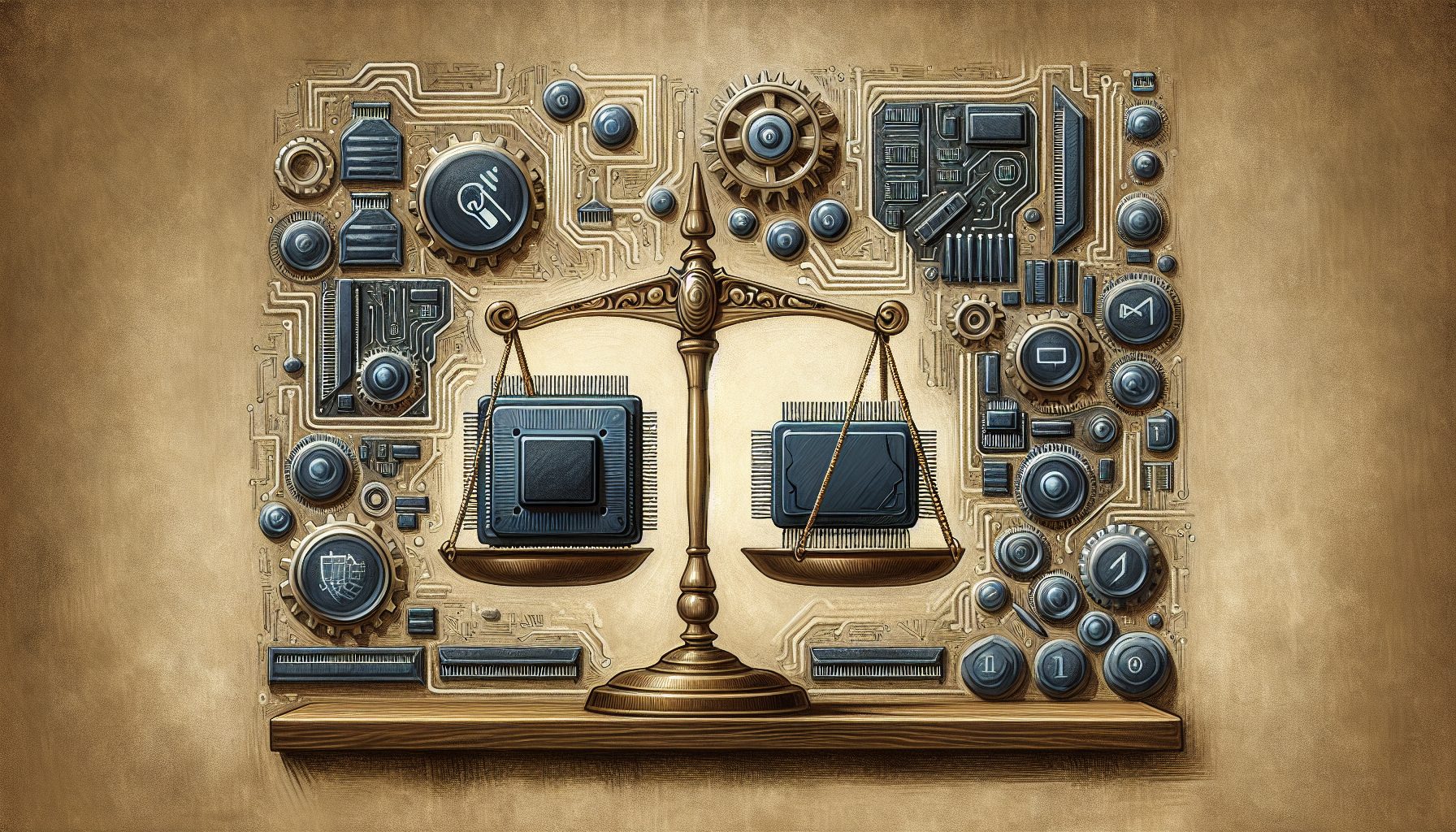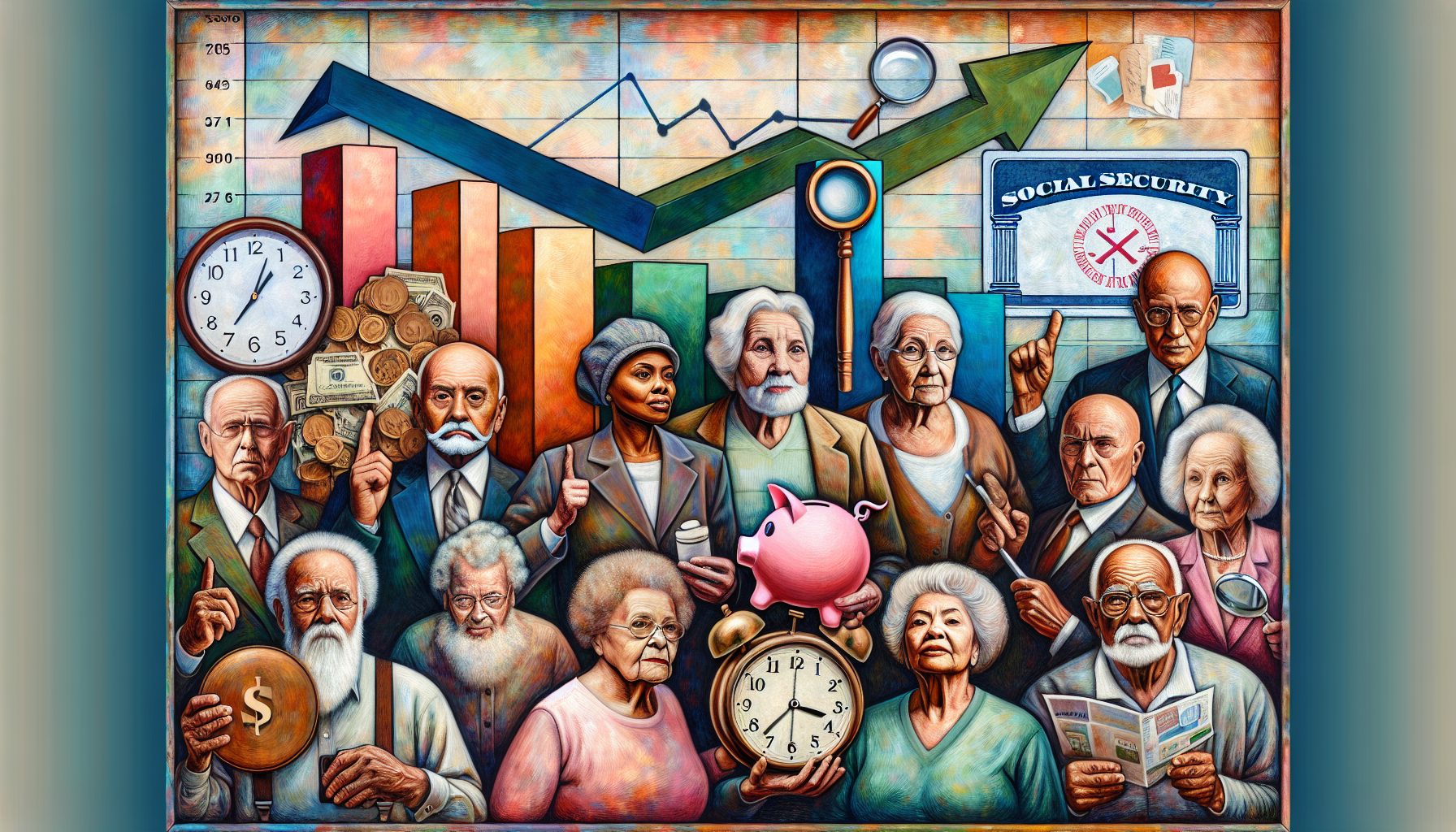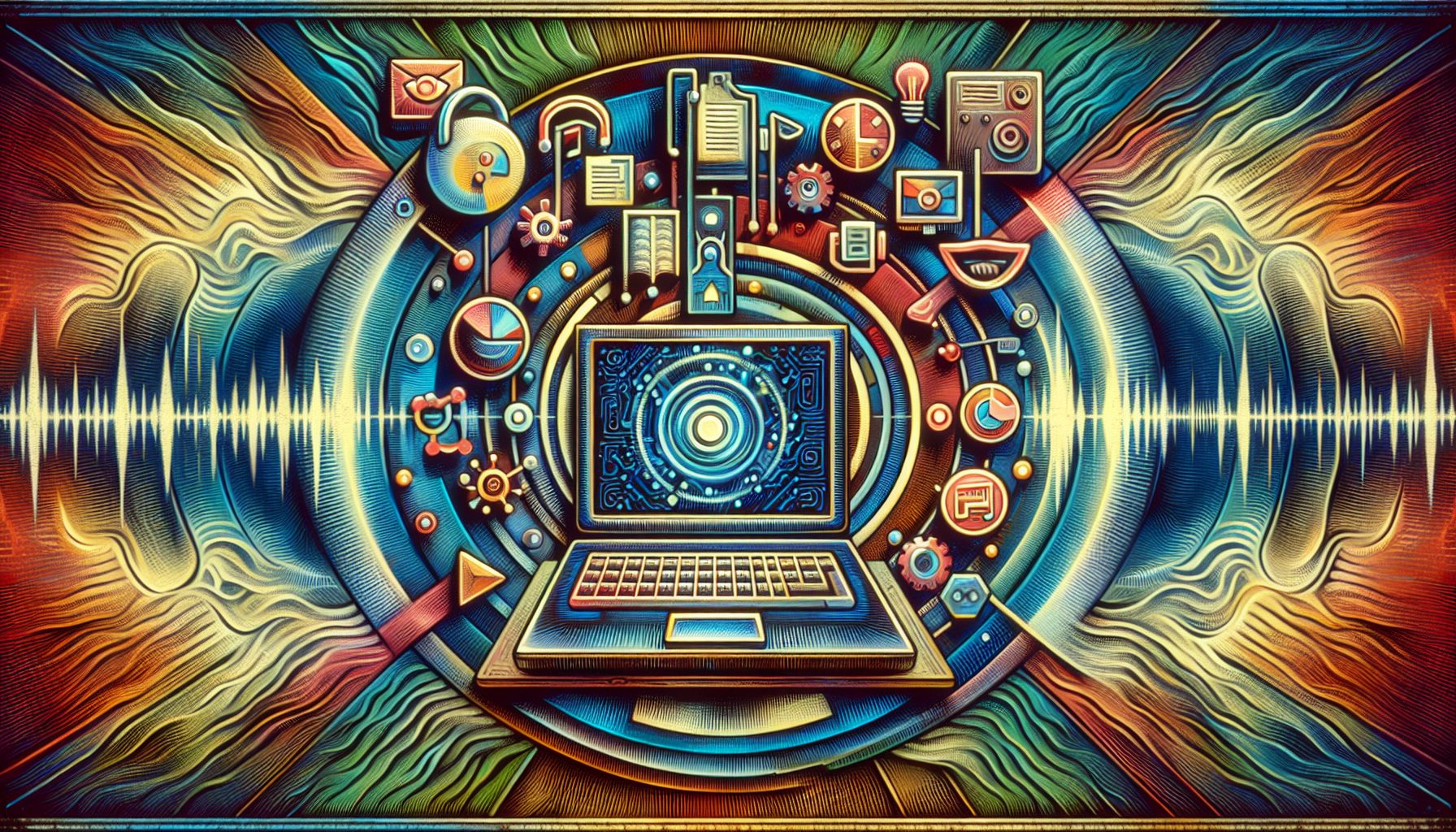
Your employees probably expect their e-mail and computer use to be monitored.They’d probably be shocked to find their phone calls on the watch list. And they almost certainly would be offended to know you kept track of each time they went to the bathroom.
The bathroom?
Yes. This I learned by accident. I was going to meet Baseline‘s technology editor in Ziff Davis Media’s lobby one evening at 5:05 p.m., precisely.
But I was running late. When I walked out of the men’s room on the 11th floor at about 5:15, the editor was waiting for me. “There you are,” the editor said. “Right where they said you’d be.”
Turns out concierges at our front desk see immediately when someone enters any bathroom. The system even throws our official photos up on one of their security screens. Creepy.
The trigger is the employee badge swiped across electronic readers to get into the building, onto our floors—or into bathrooms.
There’s nothing innately wrong with any of this. Legend has it a large-screen television was purloined from our building by individuals not to be trusted any longer. The card reading, for instance, helps identify thieves who might duck into rest rooms to hide valuables in clothing. The system also could help someone who is sick. But observers don’t know how long someone is inside: there is no record when someone exits the washroom.
Still, a company not only has a right to monitor employees’ work habits, but a duty. In some lines of work, it is important to know if employees are spending too much time on the phone and too little on the computer. The firm has paid for the equipment, the communications link, the employee’s time and is responsible to owners to make sure they’re all put to productive use.
But the lack of disclosure of surveillance is a powder keg that will explode in some unsuspecting corporation’s face. Last month I witnessed a protester plaster a poster on the front door of a Starbucks coffee shop in Manhattan. His beef (something about worker and grower abuse) was not clear. What was clear was he was aware his activities were being recorded on a video-surveillance system. At least he knew.
How many Starbucks customers realize that, to protect assets, the activities in many of its New York stores are monitored.
Starbucks has built a $4-a-latte business on the idea that you can relax and find respite inside its walls. Will its customers hang around when they realize their movements are monitored? We’ll see.
Surveillance at the work place and in public spaces is only going to get worse. Only, soon, it will be the employee and the customer recording events. The advent of the camera phone will see to that.
Even Orwell couldn’t imagine wireless phones that snap photos. Five years from now, you can pretty much expect every move you make at work or in public will be subject to instant capture and retransmission by either corporate whistle-blowers or the publicity minded.
The time is fast arriving for corporations to adopt, enforce and disclose very clear policies about how they monitor persons and activities. Smart firms will head off employee backlash with meetings, mailings and other mechanisms to detail the extent of monitoring going on in their facilities and on their networks. The act of disclosure will force companies to justify or revise their policies. If the monitoring really does improve productivity or decrease theft—why not disclose it? Widespread advance knowledge sure beats after-the-fact investigation and enforcement.
Corporations, though, may also want to have employees’ camera phones checked at the door. Somewhere, a company’s collegial culture is going to be poisoned by an employee taking clandestine photos of a fellow worker—or of suspicious visitors who turn out to be their next bosses.
As long as corporations have had the upper hand, disclosing the extent of surveillance has merited little consideration. But, as employees get into the act themselves, the time for full disclosure will have arrived.








